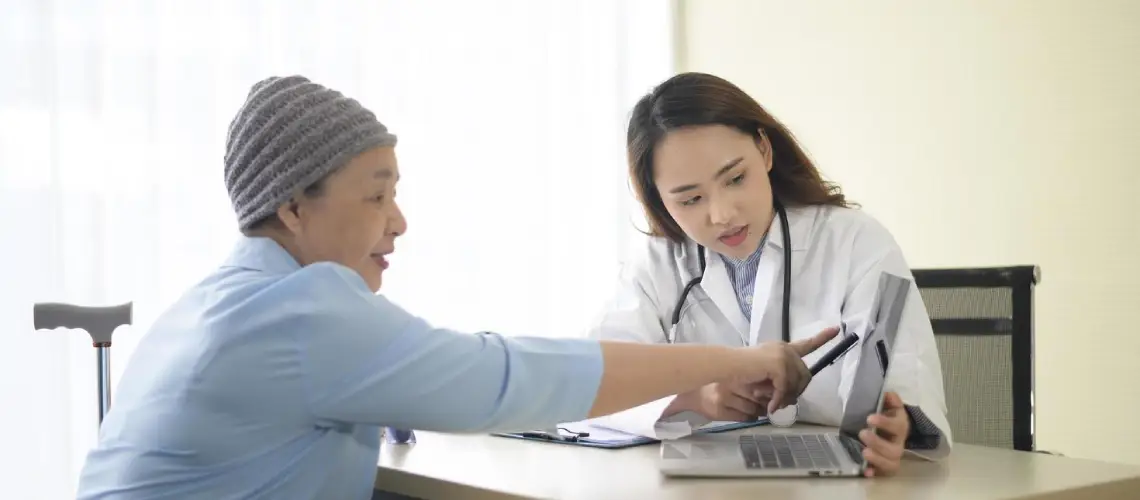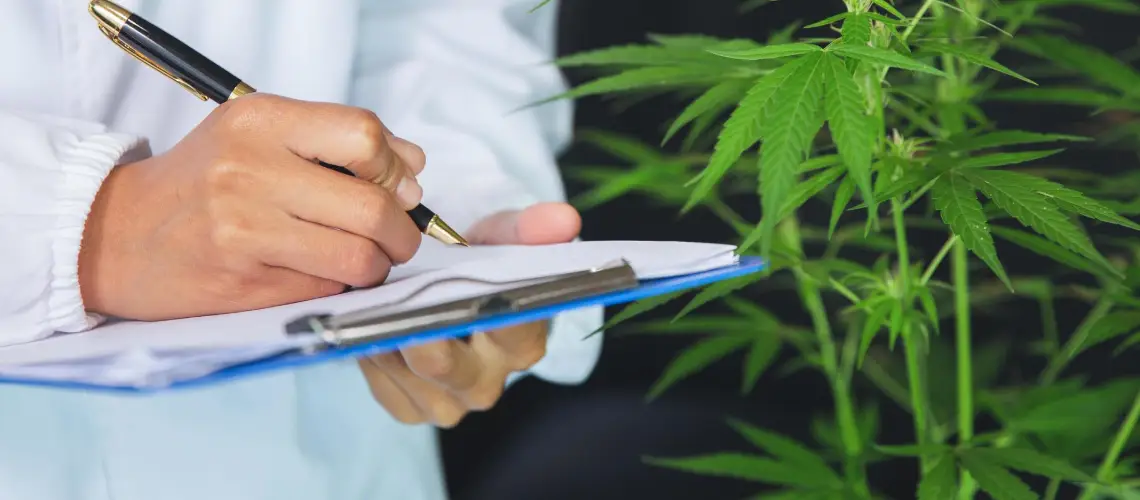advancements and policies
Comprehensive Medical Cannabis Education
Welcome to
Southern Buds
What We Offer
Educational Resources: Easy-to-understand guides, FAQs, and updates.
Training for Providers: Accredited courses to enhance prescribing knowledge.
Patient Support: Step-by-step guidance for accessing medical cannabis safely and legally.
Stay informed and confident in your journey with medical cannabis
blog

How Marijuana Is Shaping the Future of Holistic Care in Australia
Australians seeking balance between mind, body, and spirit are turning to a new cornerstone of holistic care: marijuana. No longer trapped in the shadows of stigma, marijuana is now being embraced—clinically and culturally—as a natural aid in managing pain, anxiety, stress, and disrupted sleep cycles.
Its rise reflects a national health movement away from high-dependency pharmaceuticals and toward conscious, patient-led healing.
Holistic Care: A Growing Need in Australia
Holistic care looks beyond symptoms. It views the patient as a whole human being, interconnected across physical, emotional, and mental health. This approach is especially valued in Australia, where stress-related burnout, chronic pain, and sleep disorders are widespread.
The increasing strain on our public health system and the side effects of synthetic drugs have led many Australians to seek care that is:
- Collaborative
- Natural
- Personalised
- Rooted in lifestyle, not just medication
Marijuana, when prescribed responsibly by doctors, fits squarely into this growing demand.
How Marijuana Aligns With Holistic Health Principles
Holistic health prioritises balance, prevention, and the body’s innate ability to restore itself. Marijuana-based therapies are designed to:
- Support natural rhythms (such as the sleep-wake cycle)
- Reduce inflammation and pain without sedation
- Promote emotional equilibrium without numbing sensation
- Encourage patients to tune into their own needs and healing response
Doctors use it as one part of a broader plan that may also include changes to diet, exercise, and mental health support. The result? A more rounded, proactive approach to care.
Who Is Seeking Marijuana as a Holistic Option?
People across Australia are exploring marijuana for a variety of reasons:
- Burnt-out professionals: Seeking mental clarity and calm
- Chronic pain sufferers: Looking for relief without opioid risks
- Trauma survivors: Managing emotional regulation without heavy medication
- Sleep-deprived adults: Trying to restore rest without dependence
- Older Australians: Easing arthritis and inflammation naturally
These patients aren’t chasing a high—they’re searching for control, peace, and quality of life.
Understanding the Body’s Response: The Endocannabinoid System
At the heart of marijuana’s effectiveness is its interaction with the endocannabinoid system (ECS), a complex network within the human body that:
- Maintains mood balance
- Regulates pain signalling
- Supports immune health
- Helps manage stress responses
- Aids sleep consistency
Marijuana’s cannabinoids—especially THC and CBD—mimic the body’s natural compounds, helping bring the system back into harmony when stress, injury, or illness throws it off.
Formats That Support Holistic Routines
Holistic care is about sustainability. That means offering flexible options for people to incorporate into their daily lives. Marijuana therapies may be prescribed in the form of:
- Oils: Easy to dose, discreet, and ideal for morning or night use
- Capsules: Simple and familiar for those used to supplements
- Dry herb (vapourised): Provides faster relief for acute symptoms
- Topicals: For localised joint or muscle pain without systemic effects
Patients often choose low-THC or balanced formulations to minimise psychoactive effects while maximising therapeutic value.
The Role of Medical Professionals in Holistic Marijuana Care
One of the greatest shifts in marijuana’s acceptance has come from the medical community. In holistic care, doctors aren’t just prescribing—they’re collaborating with patients.
Through telehealth platforms, Australians can now:
- Consult with AHPRA-registered practitioners
- Receive custom treatment plans
- Adjust dosages based on real-life experience
- Track symptoms and responses together
- Explore marijuana in combination with other supportive therapies
This co-designed care model is empowering for patients and respected by clinicians.
Marijuana and the Mind: Emotional Resilience Over Emotional Numbness
Mental health is a major pillar of holistic care. Unlike traditional antidepressants or anti-anxiety drugs, marijuana doesn’t aim to suppress emotions—it helps patients feel more regulated and responsive.
Reports show patients often experience:
- Less anxiety in social or high-stress environments
- More consistent emotional reactions
- Improved focus and reduced brain fog
- Deeper sleep, which directly improves mood stability
This emotional resilience allows patients to take on life’s challenges with greater presence and calm.
Dispelling the Myths: What Holistic Marijuana Care Is NOT
While marijuana has medicinal potential, education is key. Here’s what holistic marijuana care isn’t:
- It’s not recreational use
- It’s not about getting high
- It’s not a DIY, over-the-counter supplement
- It’s not a cure-all or quick fix
Instead, it’s part of a structured health journey under medical guidance—something that fits neatly within the ethics of holistic care.
The Bigger Picture: Personal Agency and Long-Term Wellness
Holistic care is about empowerment. Marijuana is simply one tool in a broader toolkit—one that encourages:
- Self-awareness
- Informed choice
- Long-term health maintenance
- Reduced reliance on heavy-duty pharmaceuticals
Whether used to manage physical discomfort or emotional imbalance, it supports patients in building a more intuitive, present, and intentional life.
Final Thoughts: A Modern Tool in an Ancient Philosophy
While marijuana may feel like a modern phenomenon, the idea of treating the whole person is as old as medicine itself. What’s changing is access—thanks to regulation, education, and trusted providers, Australians are now integrating marijuana into thoughtful, sustainable, and truly personal care plans.
In the evolving story of Australian health, marijuana isn’t a disruption—it’s a return to common sense.

Becoming a Medical Cannabis Expert: Pathways and Opportunities
The rise of medical cannabis in healthcare has created new career opportunities for professionals passionate about advancing this field. From education to advocacy, this article explores the pathways to becoming a medical cannabis expert in Australia.
Educational Pathways
Medical Training for Prescribers
Doctors and specialists must complete courses accredited by the Therapeutic Goods Administration (TGA) to prescribe cannabis.
Specialised Certifications
Organisations like the Medicinal Cannabis Industry Australia (MCIA) offer certifications for pharmacists, researchers, and educators.
University Courses
- Universities in Australia now offer programs in cannabis pharmacology and medical research.
- Example: The University of Sydney’s Lambert Initiative for Cannabinoid Therapeutics.
Career Opportunities for Medical Cannabis Experts
Clinical Roles
- General Practitioners (GPs)
- Pain management specialists
- Palliative care doctors
Research and Development
- Clinical trial coordinators
- Pharmacologists studying cannabis formulations
Advocacy and Education
- Patient advocates promoting cannabis awareness.
- Educators leading CPD courses for healthcare professionals.
Impact of Medical Cannabis Expertise
Becoming an expert allows professionals to:
- Improve patient outcomes by integrating cannabis into treatment plans.
- Drive innovation in cannabis-based therapies.
- Shape policies that ensure safe and accessible treatments.
Challenges in Becoming a Medical Cannabis Expert
- Evolving Regulations: Keeping up with changing laws and approval processes is essential.
- Financial Investment: Certifications and courses can be expensive but are often necessary to build credibility.
- Overcoming Stigma: Advocates must address outdated beliefs about cannabis in both medical and public settings.
Conclusion
Becoming a medical cannabis expert is a rewarding pathway for those passionate about patient care and innovation. Whether you’re a doctor, researcher, or advocate, your expertise can shape the future of cannabis-based therapies in Australia.

How Medical Cannabis Experts Are Transforming Healthcare
The integration of medical cannabis into modern healthcare has been driven by experts who advocate for its potential, educate professionals, and support patients. This article examines the transformative role of medical cannabis experts in reshaping healthcare practices and improving patient outcomes.
The Expanding Role of Medical Cannabis Experts
Personalised Patient Care
Experts tailor treatment plans by:
- Evaluating patient eligibility based on medical history.
- Recommending appropriate cannabis products and dosages.
Professional Development for Doctors
Experts train GPs and specialists to prescribe cannabis responsibly through:
- Continuing Professional Development (CPD) courses.
- Hands-on workshops covering product types and dosages.
Advancing Public Awareness
Through campaigns and educational resources, experts address misconceptions and normalise cannabis-based therapies.
Impact on Healthcare Systems
- Expanding Treatment Options: Medical cannabis experts introduce cannabis as an alternative to opioids for pain management, reducing reliance on addictive substances.
- Cost Reduction: Efficient cannabis treatments can lower long-term healthcare costs by managing chronic conditions more effectively.
- Research and Innovation: Ongoing studies led by experts uncover new applications for cannabis, such as treating anxiety, epilepsy, and sleep disorders.
Challenges Faced by Medical Cannabis Experts
- Regulatory Barriers: Complex approval processes can delay patient access.
- Limited Provider Training: Many healthcare professionals remain unfamiliar with cannabis therapies, underscoring the need for widespread education.
- Stigma: Outdated views on cannabis create resistance among some providers and patients.
Conclusion
Medical cannabis experts are at the forefront of healthcare transformation. By advocating for responsible use, advancing research, and educating professionals, they are redefining how we approach patient care in Australia.

Who Are Medical Cannabis Experts and Why Are They Important?
Medical cannabis is transforming healthcare, offering relief for patients with chronic conditions. Behind its growing acceptance are medical cannabis experts, professionals who guide patients, educate doctors, and influence cannabis research and legislation. This article explores the role of these experts, their importance, and how they contribute to improving patient outcomes.
Who Are Medical Cannabis Experts?
Medical cannabis experts are professionals with advanced knowledge and experience in cannabis-based therapies. They come from various fields, including medicine, pharmacology, research, and patient advocacy.
Key Roles of Medical Cannabis Experts:
- Prescribers: Doctors and specialists authorised to prescribe cannabis treatments.
- Researchers: Academics and scientists studying cannabis efficacy and safety.
- Educators: Providers who train other healthcare professionals or guide patients.
The Importance of Medical Cannabis Experts
Empowering Patients
Experts help patients:
- Understand their eligibility for medical cannabis.
- Choose the right product (e.g., oils, capsules, or vapourisers).
- Navigate the regulatory approval process.
Educating Healthcare Providers
Many GPs and specialists lack training in medical cannabis. Experts fill this gap by:
- Offering accredited courses and workshops.
- Sharing evidence-based insights to improve prescribing practices.
Driving Research and Policy Change
Medical cannabis experts play a key role in advancing cannabis legislation by:
- Conducting clinical trials to prove efficacy.
- Advising policymakers on regulatory frameworks.
How to Find a Trusted Medical Cannabis Expert in Australia
Steps to Identify Experts:
- Check Authorisation: Ensure the doctor is an authorised prescriber.
- Review Credentials: Look for certifications in cannabis-based therapies.
- Seek Recommendations: Ask for referrals from trusted sources or advocacy groups.
Top Organisations Supporting Medical Cannabis Experts:
- Therapeutic Goods Administration (TGA)
- Medicinal Cannabis Industry Australia (MCIA)
Conclusion
Medical cannabis experts are essential to bridging the gap between cannabis research and patient care. By empowering patients, educating providers, and influencing policy, they ensure cannabis-based therapies are safe, effective, and accessible.